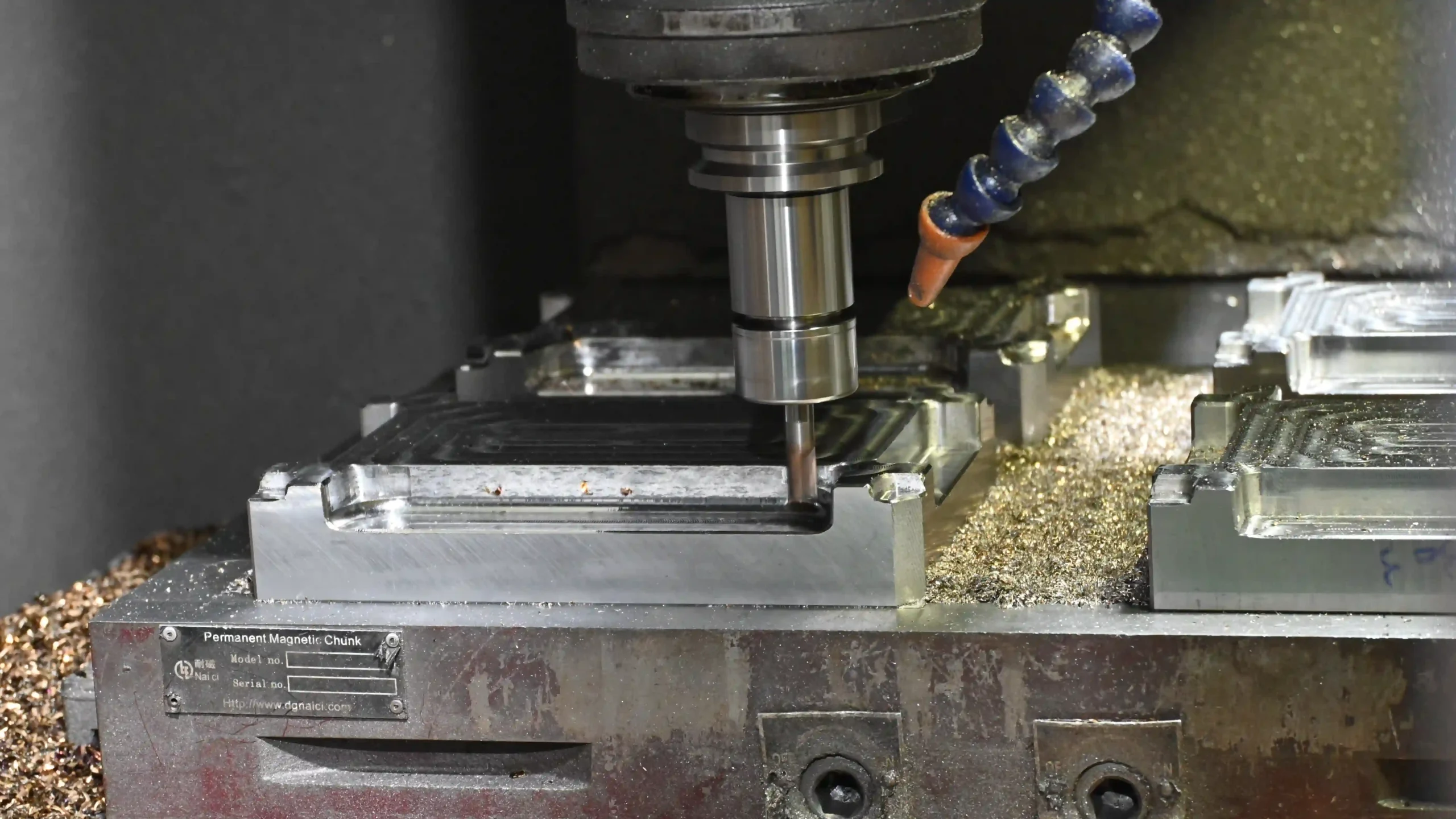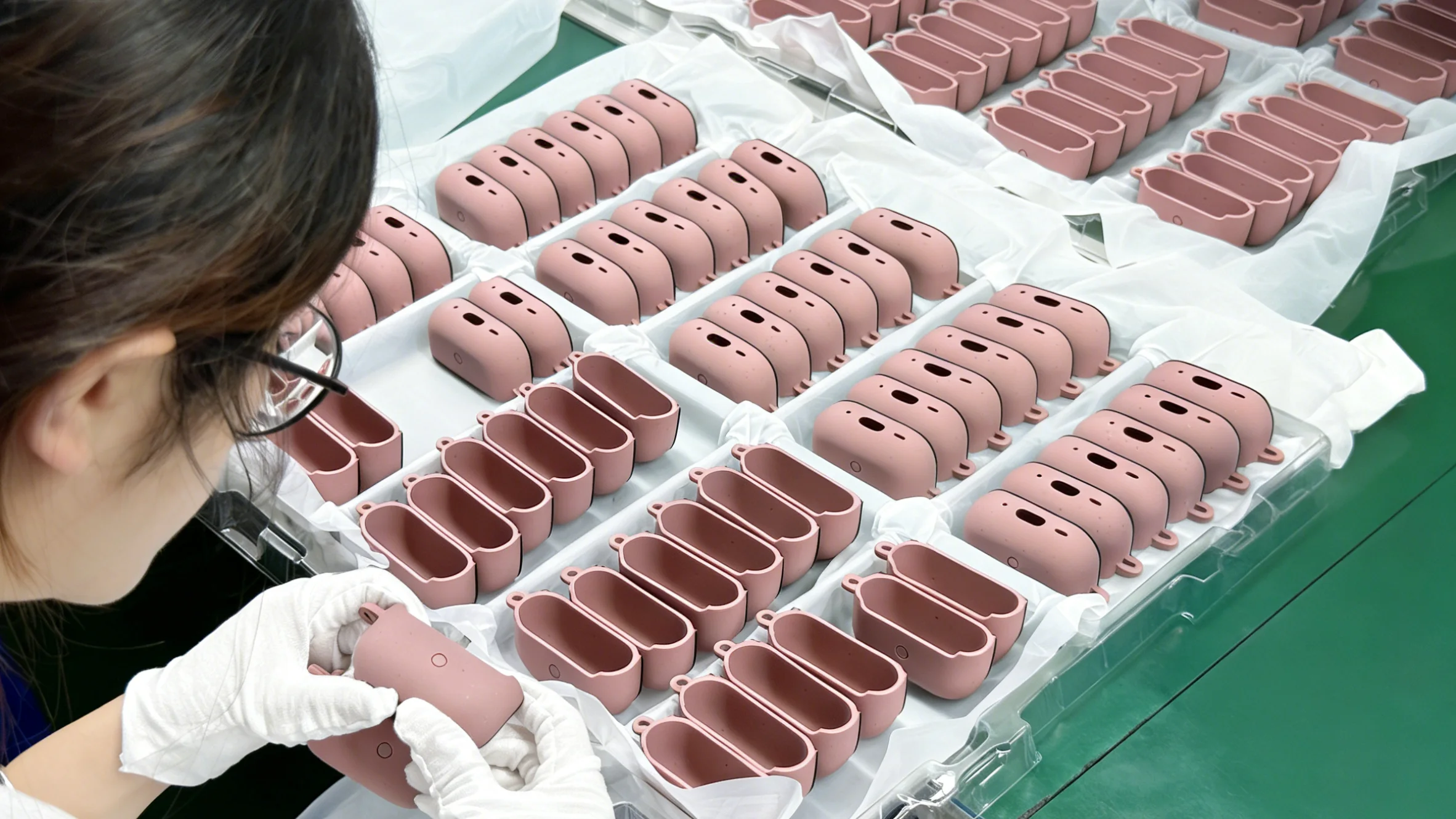Smartphones have become an essential part of daily life for millions of people worldwide. With the rising cost of modern smartphones, protecting your device is more important than ever. Phone cases serve as a vital accessory, offering protection, style, and personalization.
Among the many types of phone cases available, silicone phone cases have gained widespread popularity due to their affordability, comfort, and vibrant design options. But are they the best choice for everyone?
In this guide, we’ll explore the pros and cons of silicone phone cases, how they compare to other materials like plastic, TPU, and vegan leather, and help you decide if a silicone phone case is right for you.
What Are Silicone Phone Cases?
Table of Contents
ToggleSilicone phone cases are made from silicone rubber, a flexible, synthetic material known for its soft texture, comfortable grip, and impact-absorbing properties.
They are easy to install and remove, provide a snug fit, and are often water-resistant and dust-resistant. These cases are available in a wide range of colors and styles, making them a popular choice for users who want to personalize their phones.
However, like all phone case materials, silicone has its advantages and drawbacks.
Advantages of Silicone Phone Case
1. Excellent Shock Absorption
Silicone is naturally flexible and soft, which makes it excellent for absorbing shocks from everyday drops and bumps. While not ideal for extreme impacts, silicone provides adequate protection against minor falls and scratches.
- Reduces risk of cracks and dents
- Cushions impact effectively
- Lightweight and unobtrusive
2. Comfortable and Non-Slip Grip
The soft, rubber-like texture of silicone makes it pleasant to hold and less likely to slip from your hand. This is especially useful for larger phones or extended use.
- Prevents accidental drops
- Reduces hand fatigue
- Smooth and ergonomic
3. Water and Dust Resistance
Silicone naturally repels water and resists dust, offering a basic level of protection against spills, splashes, and environmental debris.
- Protects against minor water exposure
- Limits dust buildup in phone ports
- Easy to wipe clean
4. Affordable and Accessible
Silicone phone cases are among the most budget-friendly options on the market. They are widely available both online and in stores, and often come in multiple colors and designs.
- Low cost
- Variety of styles
- Easy to replace
5. Minimalist and Stylish
For users who prefer a clean, understated look, silicone case phone offer a sleek and minimalist aesthetic. They come in solid colors and simple designs, making them ideal for minimalist fashion lovers.
- Modern and elegant
- Lightweight and subtle
- Perfect for everyday use
Disadvantages of Silicone Phone Cases
1. Attracts Dust, Lint, and Dirt
One of the biggest complaints about silicone cases is that they attract dust and lint easily due to their slightly sticky surface.
- Requires frequent cleaning
- Looks dirty over time
- Not ideal for those who want a clean appearance
2. Texture Can Deteriorate
Over time, exposure to hand oils, lotions, and environmental factors can cause silicone to feel sticky or slippery.
- Loses original grip
- Feels less comfortable
- May reduce phone handling safety
3. Wears Out Faster Than Other Materials
Compared to hard plastic or rubber, cell phone silicone cases are less durable and can stretch, warp, or tear after prolonged use.
- Shorter lifespan
- Edges may loosen
- Frequent replacement may be needed
4. Limited Protection Against Heavy Drops
While good for minor impacts, silicone is not ideal for heavy-duty protection or high-impact drops.
- Lacks reinforced corners
- Not suitable for rugged environments
- May not protect against major falls
5. Difficult to Clean
Unlike plastic or TPU, silicone is porous and can trap dirt, oils, and stains, making it harder to clean thoroughly.
- Stains may become permanent
- Soap and water may not be enough
- Requires special cleaning methods
Silicone vs. Other Phone Case Materials
1. Silicone vs. Hard Plastic Cases
- Hard plastic cases offer superior rigidity and impact protection.
- They are easier to clean, more scratch-resistant, and last longer than silicone.
- However, they lack the soft grip and comfort of silicone.
Best for: Users who want strong protection and low maintenance.
2. Silicone vs. Vegan Leather Cases
- Vegan leather offers a premium look, long-term durability, and eco-friendly appeal.
- Unlike silicone, it ages gracefully and retains its shape.
- However, vegan leather is more expensive and less flexible than silicone.
Best for: Those who value style, sustainability, and longevity.
3. Silicone vs. Rubber and TPU Cases
- Rubber and TPU offer better durability and impact resistance than silicone.
- They are also more resistant to stretching and retain their shape better.
- However, silicone is often more affordable and comes in more colors.
Best for: Active users who need extra protection and durability.
Which Phone Case Material Is Best?
Choosing the best phone case material depends on your lifestyle, preferences, and needs.
| Feature | Silicone | Hard Plastic | Vegan Leather | TPU/Rubber |
|---|---|---|---|---|
| Shock Absorption | ✅ Good | ❌ Limited | ❌ Moderate | ✅ Good |
| Durability | ❌ Limited | ✅ Excellent | ✅ Excellent | ✅ Good |
| Grip | ✅ Excellent | ❌ Slippery | ✅ Good | ✅ Good |
| Style | ✅ Good | ✅ Good | ✅ Excellent | ✅ Good |
| Price | ✅ Affordable | ✅ Affordable | ❌ Expensive | ✅ Affordable |
| Maintenance | ❌ High | ✅ Low | ✅ Moderate | ✅ Moderate |
If you want a budget-friendly, comfortable, and stylish option, silicone cell phone cases are a great pick. However, for long-term durability, professional look, or heavy-duty protection, consider hard plastic, vegan leather, or TPU/rubber.
Final Thoughts: Is a Silicone Phone Case Right for You?
A silicone phone case is an excellent option for users who value:
- Comfortable grip
- Lightweight design
- Affordability
- Minimalist aesthetics
- Basic shock absorption
However, if you’re looking for:
- Long-term durability
- Heavy impact protection
- Easy maintenance
- Premium style
Then you may want to explore other materials like hard plastic, TPU, or vegan leather.
Ultimately, the best phone case is the one that meets your specific needs—whether that’s protection, style, environmental impact, or cost-effectiveness.
Looking for a High-Quality Phone Case Supplier?
If you’re looking for premium phone cases made from durable materials, check out YG, a leading cell phone cover manufacturer. We offer:
- Comprehensive customization options: Everything from materials, design, functions, to surface treatments can be customized
- End-to-end services—from ID/MD design, mold making, and precision injection molding to assembly and global logistics.
- Rapid scalability: Daily output of 300,000 units and 150+ new molds monthly.
Whether you’re looking for silicone phone cases or leather cell phone cases, YG offers eco-conscious, sleek, and functional options.

FAQs
It depends on your needs. Plastic cases offer better durability and design variety, while silicone cases provide better grip, shock absorption, and a softer feel.
Silicone cell phone cases are durable, but they tend to wear out faster than harder materials like plastic or TPU. They may stretch, warp, or attract dirt over time.
Most modern silicone cases are Qi-compatible, so they do not interfere with wireless charging.
- Remove the case from your phone.
- Wipe off loose dirt with a dry cloth.
- Mix warm water and mild soap.
- Use a soft brush to scrub the case gently.
- Rinse thoroughly and air dry.
For stubborn stains:
- Soak in a baking soda and water solution.
- Use isopropyl alcohol on a cotton swab for sticky residues.


